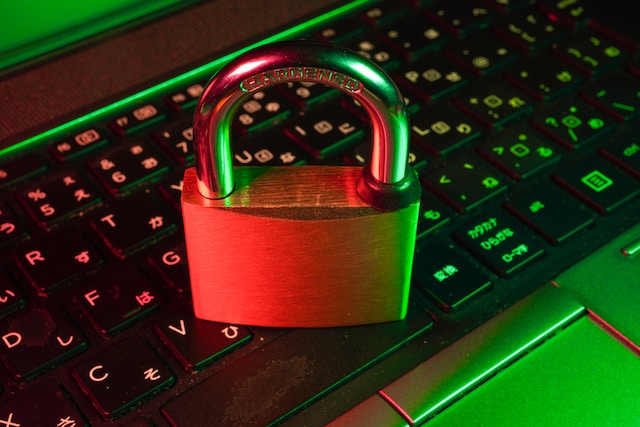Scammers are Impersonating FTC Inspector General Katsaros
The Federal Trade Commission (FTC) has released that scammers are using the names of their employees, including the Inspector General Andrew Katsaros to trick people into sending money or giving up their personal identifying information (PII).
What you need to know:
– The FTC won’t threaten you or demand a payment. If you receive a phone call or mail with the name of the FTC Commissioner or staff member that threatens some dire consequence if you don’t pay immediately, it’s a scam. Don’t pay.
– The FTC doesn’t give out prizes. If someone contacts you claiming that you need to pay to get your prize, it’s a scam. Don’t pay.
– FTC employees won’t identify themselves with a badge number. If someone claiming to work for the FTC gives you a badge number, it’s a scam. Don’t fall for it and keep your PII safe!
Guard Well Identity Theft Solutions exists to provide you, your family, and your employees from the damages of identity theft. If you have any questions or concerns, please contact our Member Services team immediately. We are always available for you 24/7/365 at 888.966.4827 (GUARD).
Source: Federal Trade Commission
Photo Credit: Courtesy of Bermix Detail via unsplash.com

















